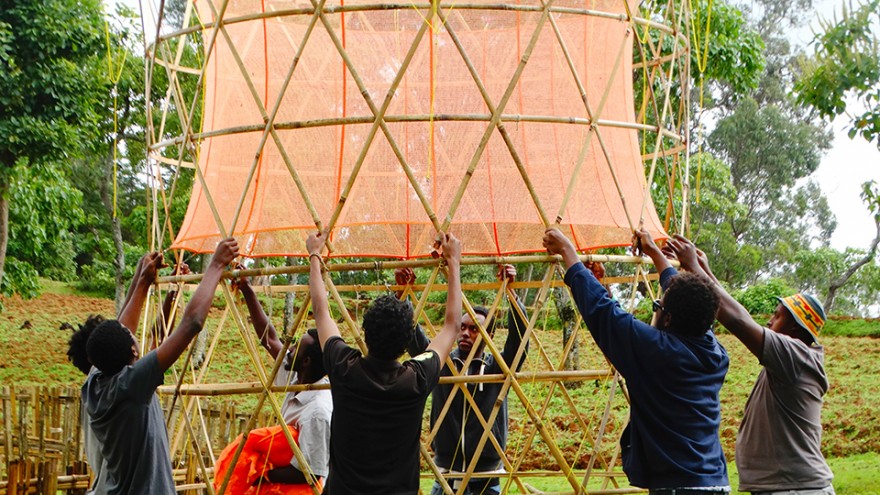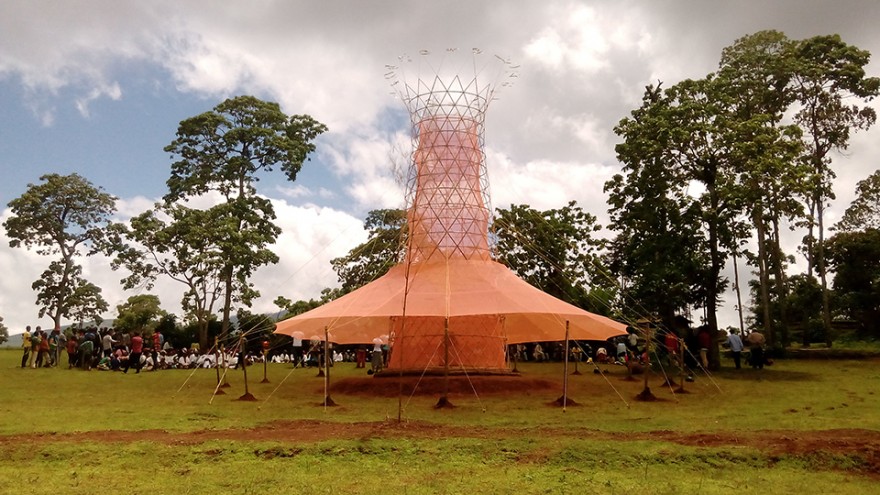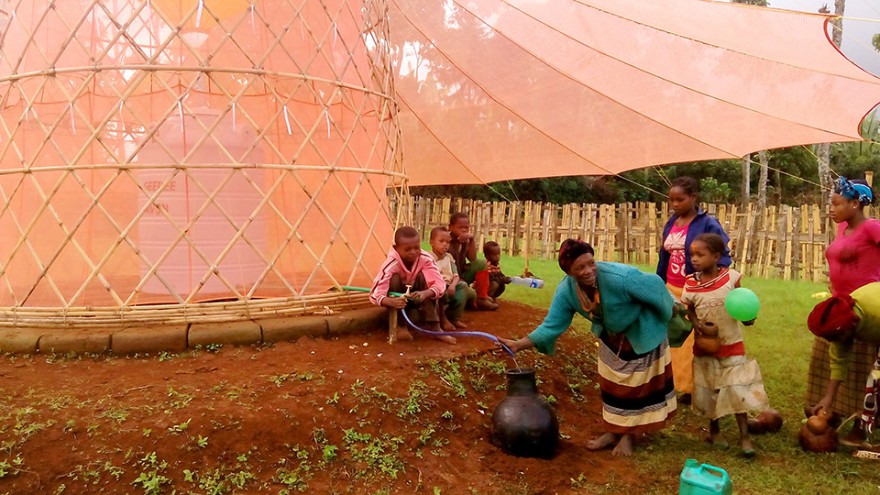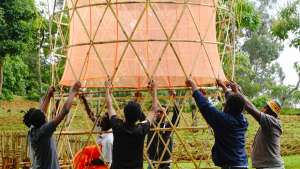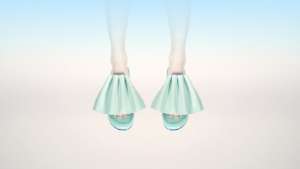Warka Water is an alternative sustainable source of water, designed for rural communities with little or no access to clean water. The product has recently been nominated for the annual World Design Impact prize, which is awarded to industrial design projects that help solve current social issues.
The product collects between 50 and 100 litres of potable water a day from rain, fog or dew and is targeted specifically at isolated areas where there is no existing infrastructure or well system. Its design is inspired by traditional Ethiopian basket-weaving and nature’s own water harvesting methods found in the unique features of certain plants and animals.
Warka Water is the brainchild of Italian design studio, Architecture and Vision who were motivated to help rural communities overcome a lack of access to drinkable water after a trip to Ethiopia in 2012. The name of the project is derived from the Warka tree – a social landmark in Ethiopian culture used as a sheltered space for public meetings or community gatherings.
The lightweight but sturdy design is comprised of five, easy-to-assemble modules made with a bamboo framework and hemp rope. Inside, a plastic mesh lining collects water droplets from humid air and a hanging, funnel-like sheet collects dew condensation and rainwater. The water is filtered into a tank with a connecting tap. A fabricated canopy extends from the tower to keep the water tank cool, maintain low ground evaporation and provide a sheltered, gathering area for the community.

